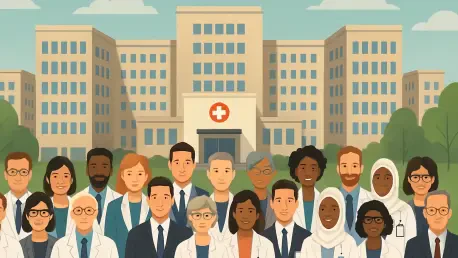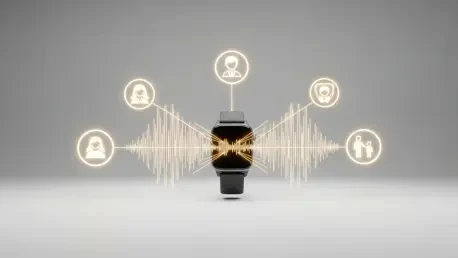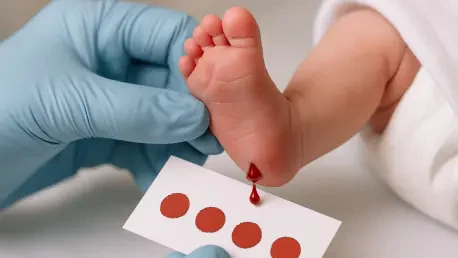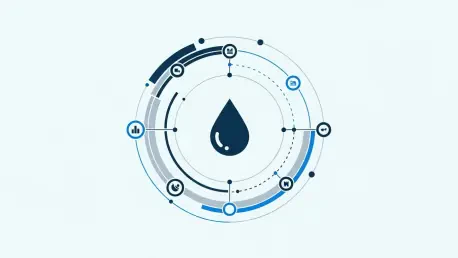
In a monumental step toward revolutionizing India's medical research ecosystem, the All India Institute of Medical Sciences (AIIMS) in New Delhi has spearheaded the creation of a pan-India collaborative research consortium, effectively linking 20 AIIMS institutions into one of the country's most

With a rich background in biopharmaceutical research and a keen eye for technological innovation, Ivan Kairatov stands at the forefront of digital health. He offers a unique perspective on how wearable technology is evolving from a wellness accessory to a critical clinical tool, particularly in the

A remarkable scientific breakthrough now suggests that the earliest biological indicators for type 1 diabetes can be detected at the moment of a child's birth, long before any clinical symptoms appear. Research emerging from a collaborative effort between scientists at the University of Florida and

A groundbreaking study has unveiled a novel method for detecting Parkinson's disease through a simple blood test, potentially years before the onset of debilitating physical symptoms. This pivotal discovery, emerging from a collaboration between researchers at Chalmers University of Technology in

The landscape of pediatric dermatology is undergoing a profound transformation, steering away from generalized treatment models toward an era defined by precision medicine and targeted intervention. This significant shift, fueled by advancements in diagnostic precision and the arrival of a new

The meticulous and often grim process of postmortem examination, a cornerstone of forensic science for centuries, is undergoing a profound transformation driven by the integration of advanced medical imaging technology. For generations, the scalpel has been the primary tool for uncovering the